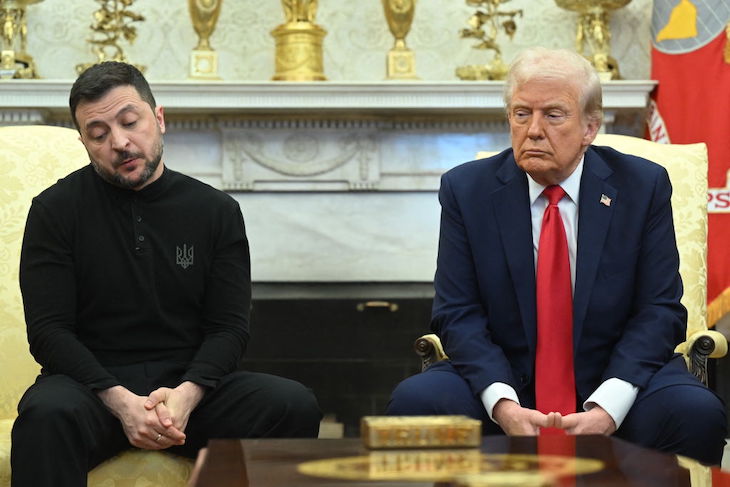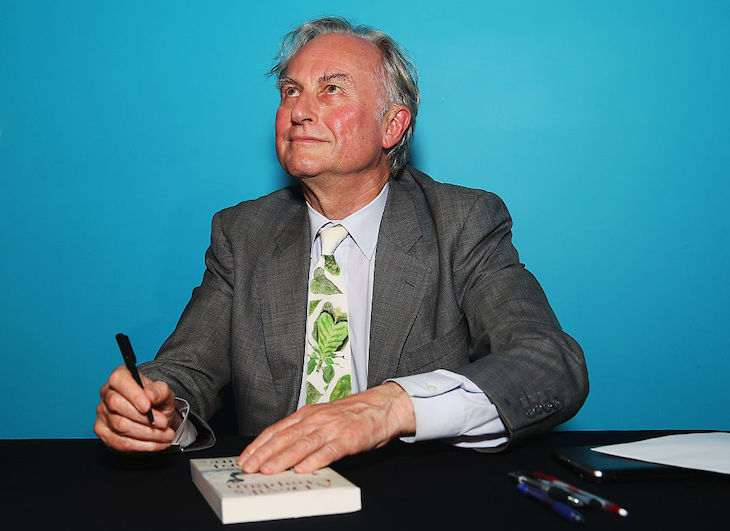On the night of Monday, June 9, Russia carried out a combined strike on the territory of Ukraine, launching ballistic and cruise missiles, as well as attack drones. The first to fly, as always, were the so-called Shaheds, invaded into the country from various directions.
Not long ago, American leadership meant something
We in Kyiv anxiously awaited the continuation, remembering that in a recent telephone conversation with Donald Trump, Vladimir Putin had warned he would have to respond to Ukraine’s major drone attack on Russian airbases. We also understood that the US president preferred not to interfere, portraying the bloody war as a conflict between “two young children fighting like crazy” in a park.
“Sometimes it’s better off letting them fight for a while, and then you’re pulling them apart,” Trump said, suggesting that he could be seen as an experienced referee standing above the fray.
But this, like all his previous words and actions, was not at all a sign of an impartial attitude towards Moscow and Kyiv. By calling his call with Putin a “good conversation,” though not leading to “immediate peace,” Trump did not have a conversation with Volodymyr Zelensky, neither “good” nor “bad.”
Instead, on the eve of another Russian air strike, we learned that the US transferred 20,000 “anti-Shahed” missiles intended for Ukraine to the Middle East. And it’s unlikely that Trump heard Zelensky’s tirade, delivered to him via ABC News. “We are not kids with Putin at the playground in the park,” Zelensky said. “he is a murderer who came to this park to kill the kids.”
Does this dramatic comparison matter as much as Elon Musk’s posts? How crushing “riots and looters” amid anti-ICE protests in LA? What are the consequences of Trump’s reinstating of US travel ban that bars citizens of 12 countries? While he finds 75 minutes in his schedule to talk with Putin, he has no time at all for Zelensky.
And the whole of Ukraine feels the consequences of this.
“Only” one person has been reported dead in the Rivne region, in western Ukraine, far from the front lines, as a result of the latest strikes. That may seem insignificant compared to the tens of thousands of Ukrainian soldiers and citizens who have died since the start of Russia’s full-scale invasion in February 2022. It’s also just one of the 1,212 bodies that have been delivered in refrigerated trucks from Russia back to Ukraine, pursuant to the Istanbul accords to exchange 6,000 killed for 6,000.
War feeds on death, seasoned with spicy political speeches.
It’s been going on for over 1,000 days. Donald Trump has been in the Oval Office for over 100 days. During that time, he’s had a couple of very good conversations with Putin and a couple of very bad conversations with Zelensky.
What do we have as a result of that position? A delayed bipartisan bill in the Senate aimed at strengthening sanctions against Russia. A new wave of Kremlin assertions that its forces have reached deeper into Ukrainian territory.
Not long ago, American leadership meant something. During the Cold War, it meant a line drawn against tyranny. After 9/11, it meant a global call to stand with the wounded. Even at the start of this war, it meant air-defense systems, sanctions, speeches. Today, it means almost nothing. Trump’s version of leadership is a shrug: friendly when speaking to Putin, hostile when asked about Zelensky and the country he represents.
This behavior is not neutrality. It is complicity in slow motion. By staying above the fray, Trump is handing one side the advantage – rewarding the invader, punishing the invaded. When the referee refuses to blow the whistle, the bully wins. That’s the rule of the schoolyard. It’s also the rule of geopolitics today: geopolitics as Trump imagines it.
Trump has the right to hold that attitude toward the Ukrainian leader – and perhaps he even has his reasons. But the President of the United States has no right to mix personal feelings with diplomacy. Otherwise, we see what we see: a jumble of statements and connections, tangled like a Gordian knot.
Until this knot is cut, the missiles keep falling. In Kharkiv, Lviv, Dnipro. Parents carry sleeping children into subway stations at 2 a.m. again. Soldiers at the front wait for artillery that’s stuck in a Senate debate. In Ukrainian cities, children are growing up with the dream of building a drone that can fly to Red Square and kill Putin there.
Meanwhile, Beijing watches. Tehran waits. They see what it means when the U.S. calls a war “some kids fighting” and waits in the wings. They understand that the system built after World War II – the one meant to prevent another – is now optional. Like a flimsy, holey fence where the Iron Curtain used to be.
Zelensky speaks toward America like a man calling out from a trench. “He came to kill the kids,” he says. But the other end of the line is empty. In the eyes of Trump, he’s not a president at war. He’s an inconvenient character in a foreign drama, one that no longer plays well on cable news.
But indifference has consequences. And history remembers. Not just the names of those who dropped the bombs: but of those who watched, said nothing, and turned away.







Comments